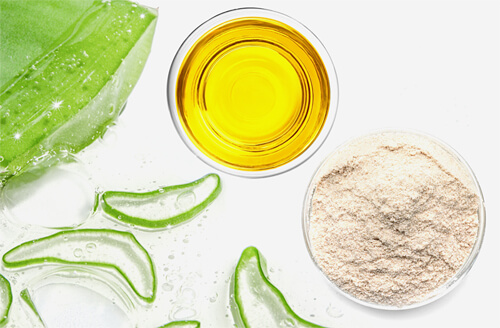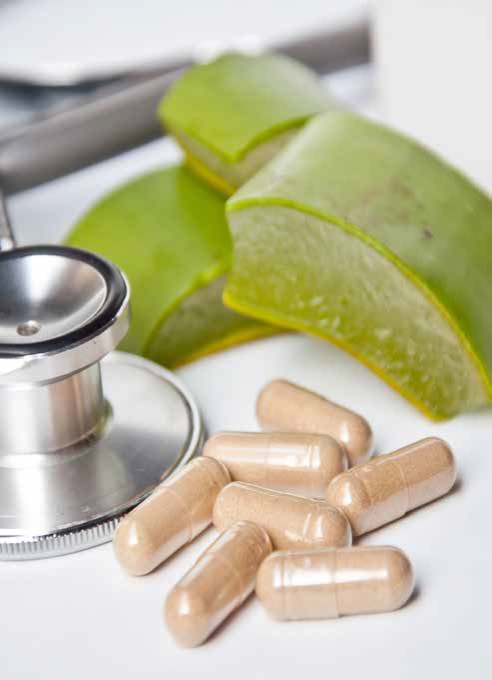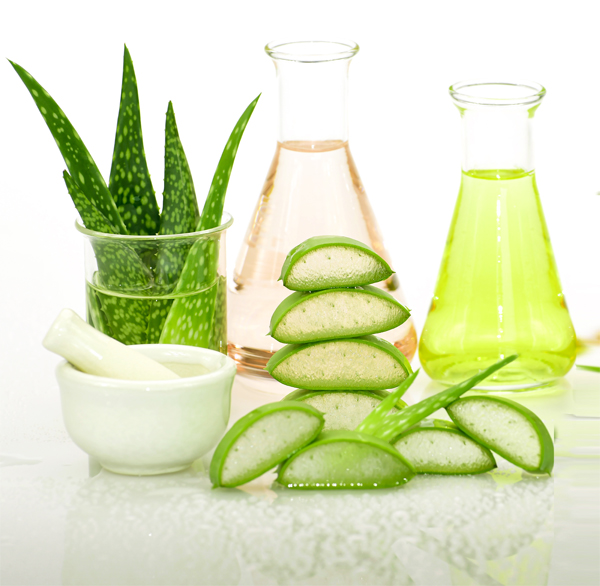Author: Chang Liu, Yan Cui, Fuwei Pi, Yuliang Cheng, Yahui Guo, and He Qian
Acemannan, considered one of the main bioactive polysaccharides of Aloe vera, immunoregulation, anti-cancer, anti-oxidation, wound healing and bone proliferation promotion, neuroprotection, and intestinal health promotion activities, biological activities of acemannan, structure-activity relationships of acemannan and its medical applications, pharmacological applications of acemannan, carbohydrate with high molecular weight, bioactive molecule, healthcare products and medicines because of their notable and excellent bioactivities, such as antimicrobial, antitumor, antiviral , and antioxidant activities . In addition, polysaccharides are among the natural biopolymers found on Earth, which are widely used as biomaterials for wound healing, drug delivery and tissue engineering. Aloe vera is one of the few natural plants that are very abundant in polysaccharides, acemannan in medical research, Gel and skin of aloe are the main sources of acemannan, acylation, kind of storage polysaccharide, glucomannan, Acemannan is more abundant in three years old Aloe vera plants, immunomodulatory activity of acemannan on splenic lymphocyte, macrophage and dendritic cells. Acemannan is an important immunoenhancer, can enhance the lymphocyte response to alloantigen, spleen, which combines the adaptive immune system and the innate immune system, is the largest secondary immune organ of the body, Acemannan from Aloe vera can activate effectively regulate immunity, acemannan has a greater stimulatory activity for white blood cell (WBC) counts and spleen cellularity as well as on the absolute numbers of lymphocytes, neutrophils, monocytes in irradiation?induced myelosuppression mice, mitogenic activities of splenocytes were obviously increased as splenic lymphocytes from spleen of Swiss albino mice were cultivated with the acemannan










